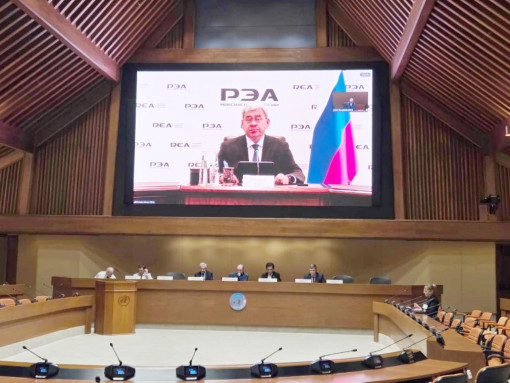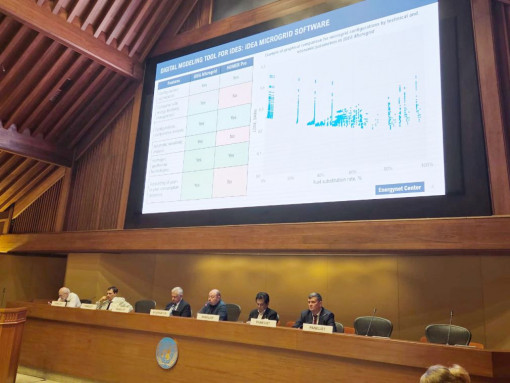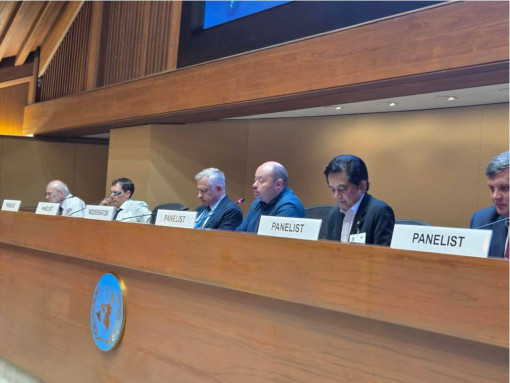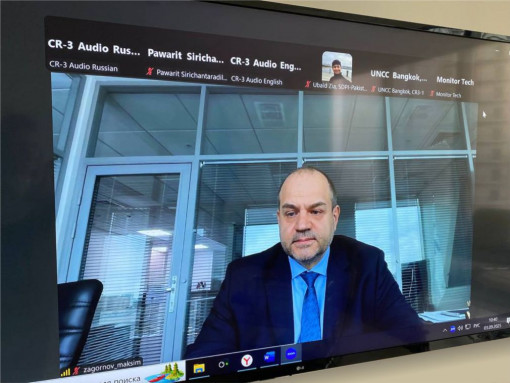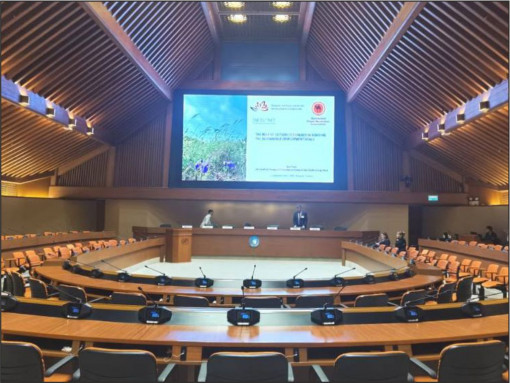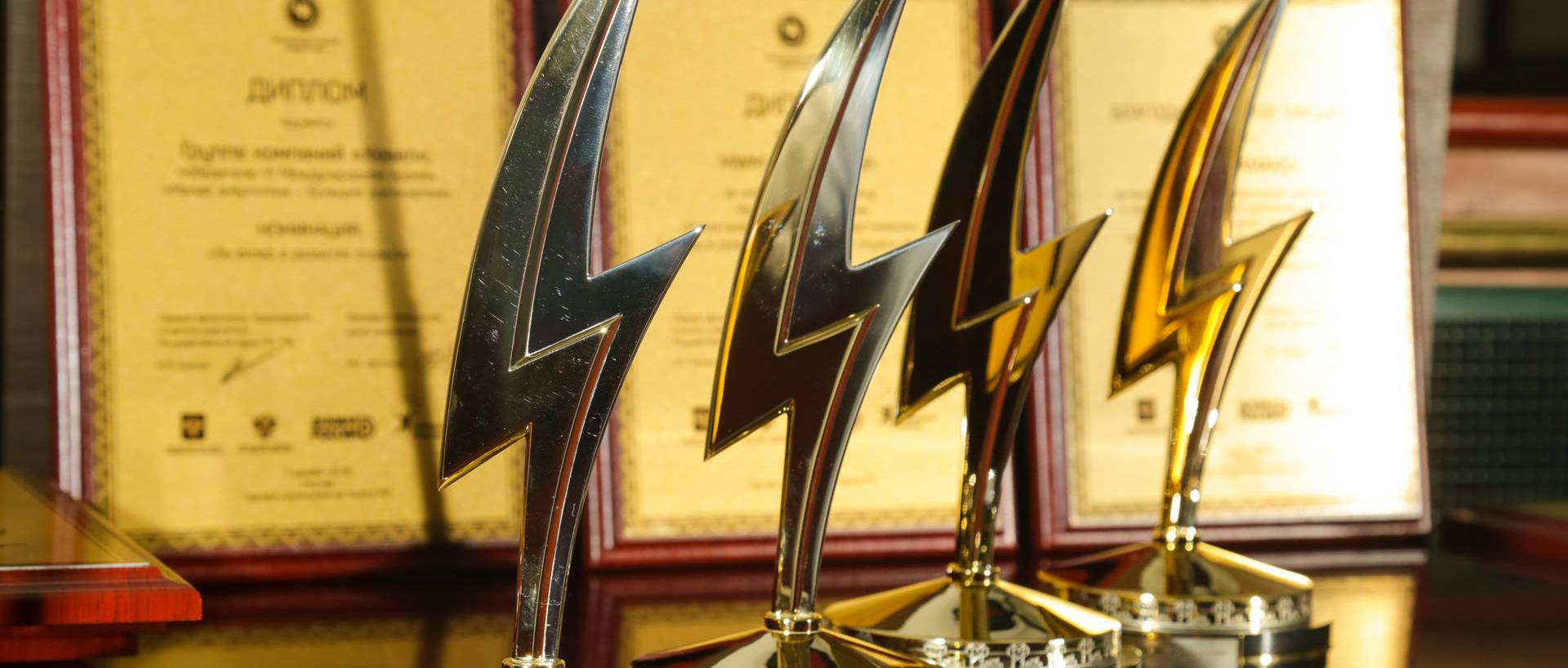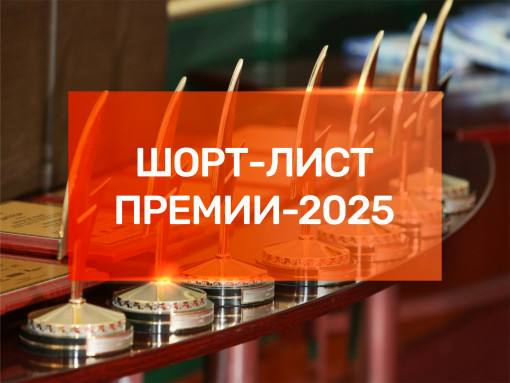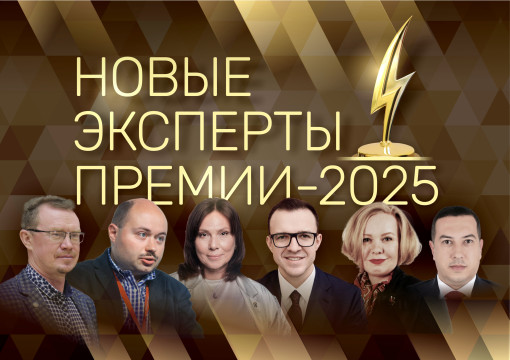On September 3, 2025, in Bangkok (Kingdom of Thailand), Distributed Power Generation Association, together with the Corporation for the Development of the Far East and the Arctic, with the support of the Russian Ministry of Energy, held a panel session "The Role of Distributed Generation in Achieving Sustainable Development Goals" at the Asia-Pacific Energy Week. The session focused on the role of distributed energy as an alternative to centralized energy supply, the development of local renewable energy systems and increasing the sustainability of energy supply in remote areas.
APEW -2025 forum – is one of the leading international events that traditionally takes place under the auspices of the United Nations Economic and Social Commission for Asia and the Pacific (ESCAP) and the Ministry of Energy of Thailand. The discussion focused on progress towards achieving Sustainable Development Goal No. 7 in the region, prospects for financing national and cross—border energy connectivity infrastructure, and the implementation of a regional roadmap in this area.
Panel session of the Distributed Power Generation Association and CDFE, held at the UNCC Conference Center, brought together experts from Russia, Thailand, the United Arab Emirates, Pakistan, ASEAN countries and other countries. The speakers noted that distributed generation can reduce the cost of electricity in regions where centralized networks are unavailable or economically impractical. Special attention was paid to autonomous hybrid energy complex technologies, Arctic pilot projects and international cooperation.
Alexey Kulapin, General Director of the Russian Energy Agency (REA) noted the increasing role of distributed energy in Russia. Today, 65% of the territory of the Russian Federation is located in the zone of decentralized energy supply, where local sources of generation are becoming key. The expert called for expanding cooperation with the countries of the Asia-Pacific region and ESCAP to develop common standards, exchange experience and joint scientific research on this topic.
Sergey Tulinov, Economic Affairs Officer at the Energy Division of the United Nations Economic and Social Commission for Asia and the Pacific (ESCAP), emphasized that distributed energy is no longer a niche technology, it is one of the most effective ways to provide affordable and reliable electricity to remote regions. The expert cited successful regional examples (in particular, distributed generation projects in the Kingdom of Bhutan) and confirmed his intention to engage in a systematic dialogue with Russia.
"The development of distributed energy, including through the use of renewable energy technologies, can be the key to providing affordable, reliable and sustainable energy for all. However, differences in socio-economic status and technology levels between countries require increased international cooperation, exchange of experience, and joint efforts by Governments, businesses, and the scientific community. We are ready to strengthen cooperation with Russia," said Sergey Tulinov.
Honorary Consul of the Ministry of Energy of Thailand, Virawat Chantanakome, said that millions of residents of ASEAN countries do not have reliable electricity supply and presented Thailand's national initiatives for the transition to carbon neutrality. He stressed the prospects for cooperation with Russia in the field of Arctic hybrid microgrids and digital technologies.
"Distributed generation technologies provide a unique opportunity to move quickly to clean energy. And I must say that the Russian experience is relevant for the Asia-Pacific region. I was very impressed by the projects that I saw during my recent visit to Kamchatka. We could also implement hybrid energy complexes commissioned in Russia in Thailand," Viravat Chantanakome said.
Samuel Mao, Director of the ASPIRE Research Institute for Sustainable Energy, Co-chairman of the UAE Universities Climate Network and Professor of Practice at Khalifa University (UAE), highlighted the global problem of freshwater scarcity. He spoke about technologies for obtaining water from the atmosphere, which can work effectively only if there are autonomous energy systems based on renewable energy sources and storage devices.
Academician of the Russian Academy of Sciences, Scientific Director of the Institute of Thermophysics of the Siberian Branch of the Russian Academy of Sciences, Doctor of Physico-Mathematical Sciences Sergey Alekseenko presented an overview of Russian developments in the field of distributed energy, emphasizing the potential of geothermal energy as one of the key renewable sources. Russia has significant resources of "super-hot" rocks, which in the future can provide the country with an almost inexhaustible source of energy.
Igor Nikolaev, Deputy General Director of the ENELT Group, shared his experience in the production of autonomous hybrid power complexes. He spoke about the implemented projects in Yakutia and Kamchatka, where such complexes can reduce diesel fuel consumption by up to 88% in summer and provide round-the-clock electricity supply to settlements.
"In the near future, the ENELT Group, together with its partners, will begin mass production of such power complexes, which will not only increase the speed, but also significantly reduce the cost of implementing such projects," the expert emphasized.
Maxim Zagornov, President of Distributed Power Generation Association, Director of the STC of Autonomous Energy at MIPT He presented technologies for energy supply to remote Arctic territories, including the project of the carbon-neutral Snezhinka station and methanol production plants. The expert also presented International Award “Distributed Power Generation – Great Achievements”, which annually celebrates the best global practices in the field of distributed generation.
"The award has been held since 2013. Such a long history of this competitive project is another proof that the distributed generation industry is actively developing, international cooperation in this area is strengthened, and significant advanced projects are implemented," said Maxim Zagornov.
The session was also attended by Ubaid Ur Rehman Zia, Senior Researcher at SDPI (Pakistan), and Mikhail Kolleker, Chief Adviser to the Administrative and Management Division of “Premier Energo” LLC, who shared their experience in the development of distributed energy.
Summarizing the results of the event, Igor Chausov, moderator of the session, Director of the ANO “Center for Energy Systems of the Future Energynet”, stressed that in conditions of economic instability and climate challenges, distributed energy is becoming a tool for forming a balanced energy mix combining renewable and traditional sources while ensuring environmental friendliness, accessibility and efficiency of generation. This area is of particular importance for territories with decentralized energy supply — from the Far East and the Arctic to the countries of the Asia-Pacific region, where access to electricity is limited.
Distributed Power Generation Association, together with the Corporation for the Development of the Far East and the Arctic session, held on the sidelines of the APEW - 2025, consolidated the contribution of distributed generation to the development of remote and isolated territories and confirmed its key role in achieving the UN Sustainable Development Goal No. 7 — ensuring universal access to affordable, reliable and sustainable energy.
Speaker presentations
- Maxim Zagornov
- Maxim Zagornov
- Wirawat Chantanakome
- Samuel Mao
- Sergey Alekseenko
- Ubaid Ur Rehman Zia
- Igor Nikolaev
- Mikhail Kolleker
- Igor Chausov


